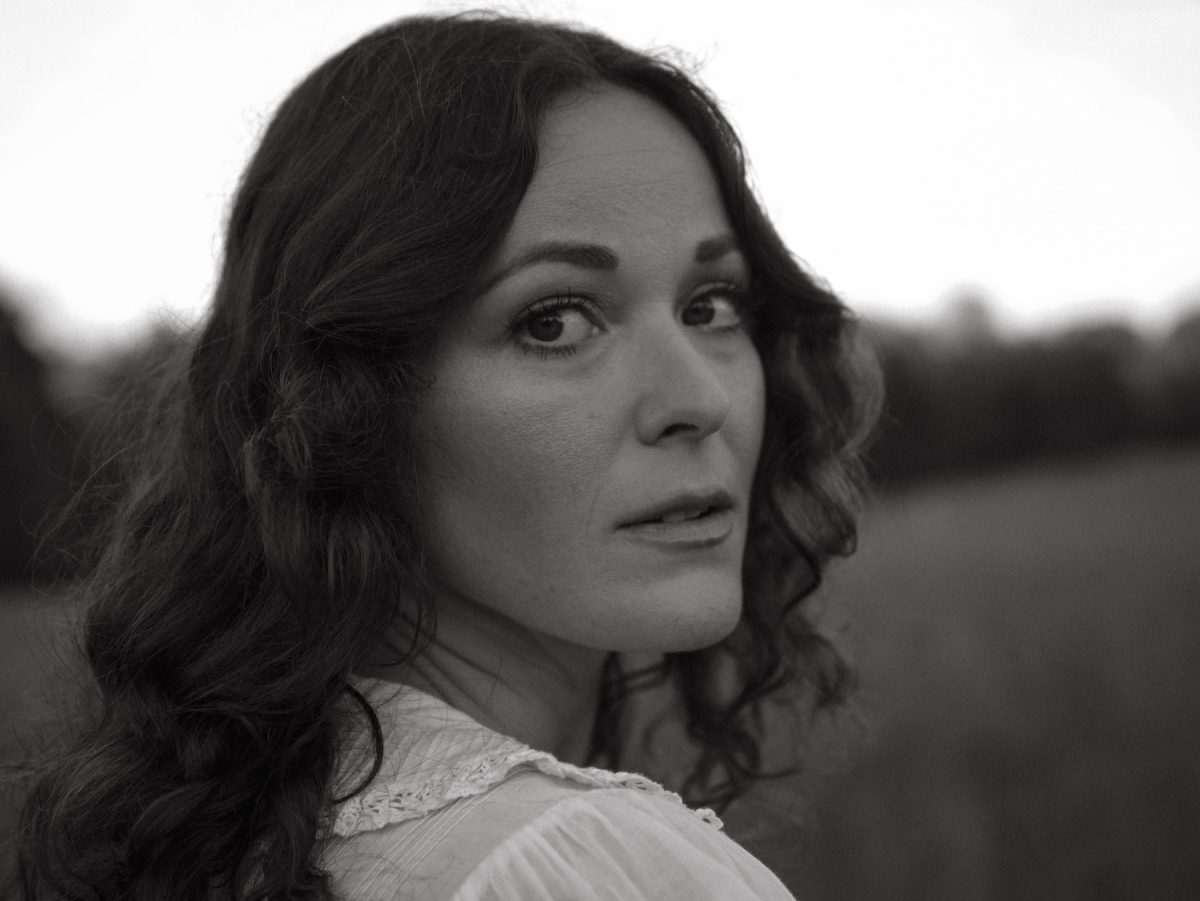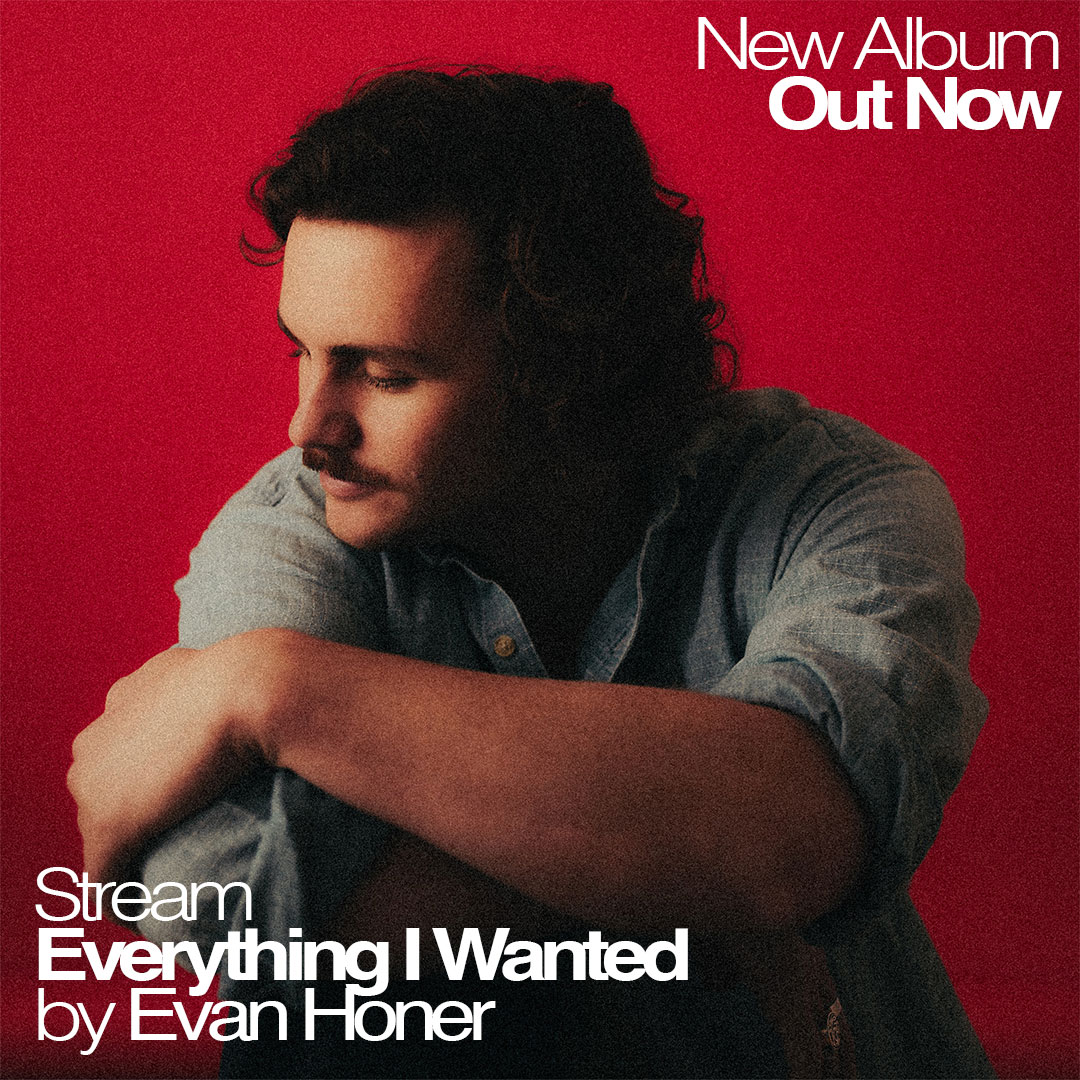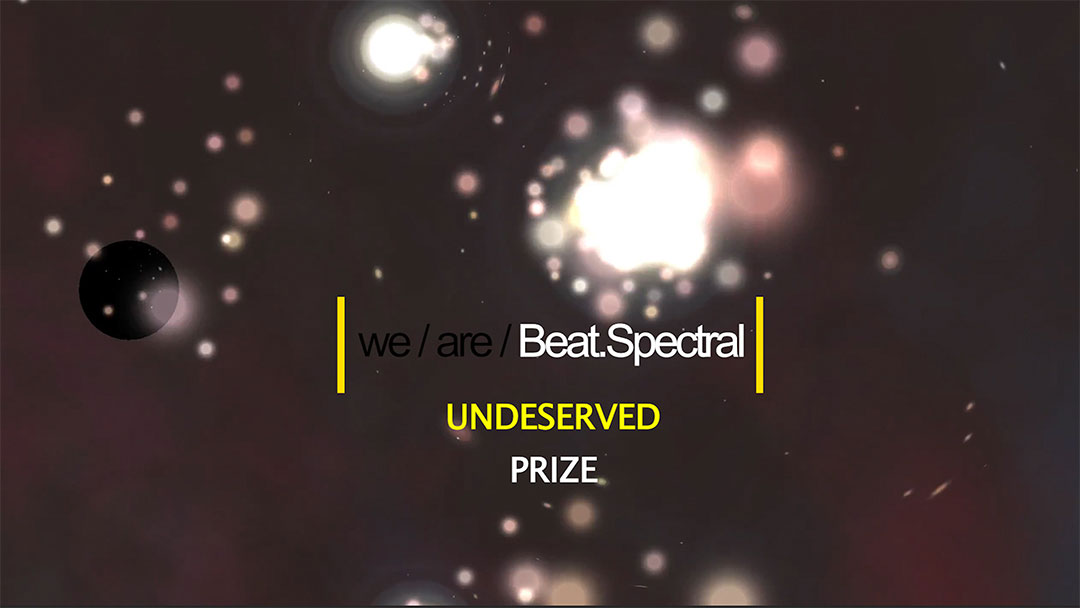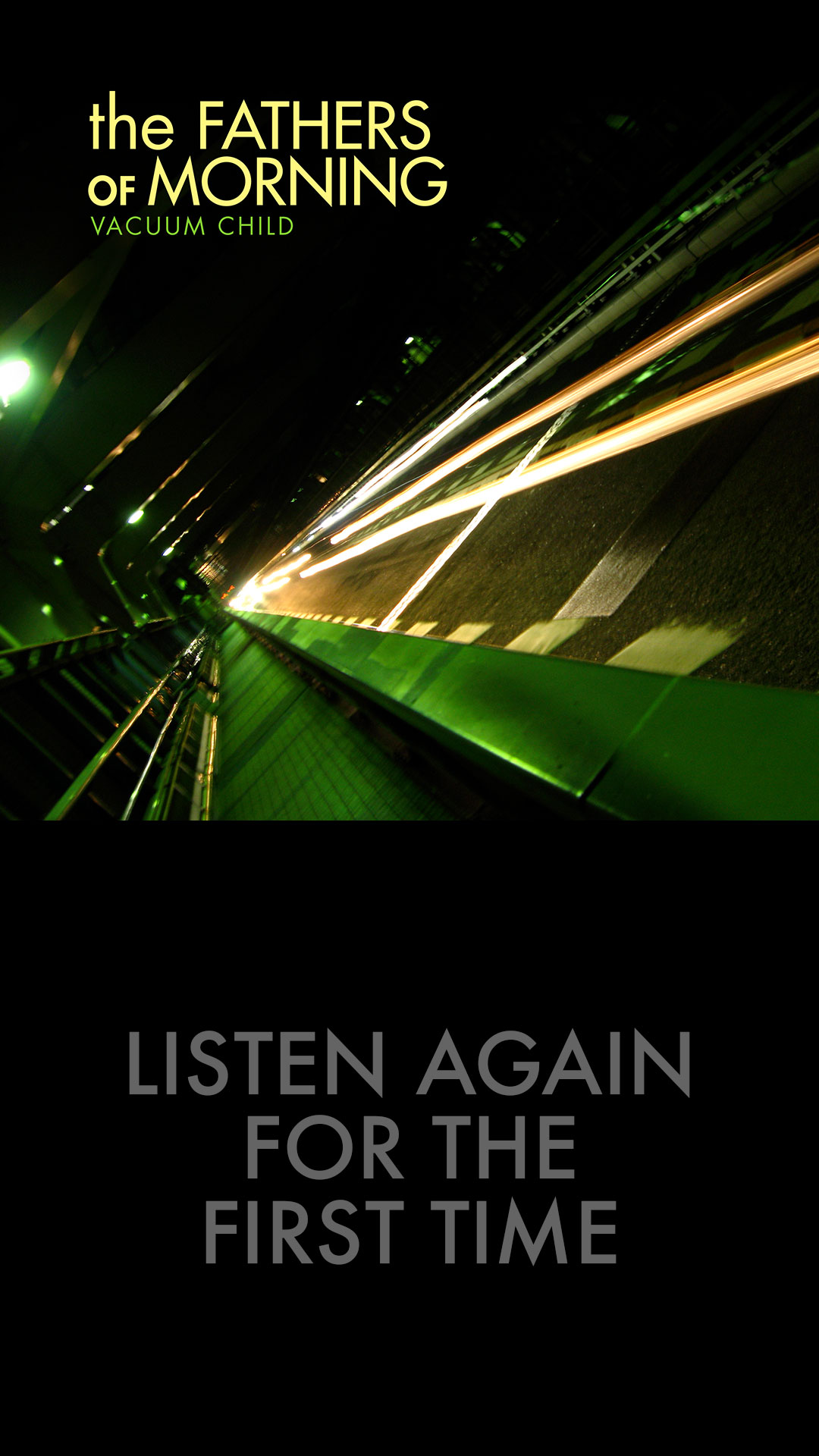
In the months prior to writing the songs that would become MotherDaughterSisterWife (Virgin), Jillian Jacqueline was having serious doubts about her viability in the business. Since moving from Philadelphia to Nashville in 2010, she’d already absorbed everything the music industry could throw at her: duets with country superstars Vince Gill and Keith Urban, a collaboration with former ’80s superstar Richard Marx and, more recently, cowrites with hit-makers Shane McAnally and Tofer Brown. And in the end, it seemed she had little to show for it.
Then she became a mom. “I felt doors closing on me—but at the same time, I had more to write about than ever,” says Jacqueline, whose son is now three. “The day I wrote ‘MotherDaughterSisterWife,’ I knew in my gut that it was encompassing a larger theme. This is undoubtedly the most personal and purposeful collection of songs I’ve ever released.”
It’s also the most varied and least-scripted music of her career, splitting the difference between Kacey Musgraves and Phoebe Bridgers. Jacqueline offers more below.
—Hobart Rowland
1) “Cherry Blossom”
“‘Cherry Blossom’ was written almost as an interlude or lullaby. It speaks to the adolescent version of me. There was a weeping cherry tree outside the window of my childhood bedroom. In the springtime, I’d sit underneath it and marvel at the beautiful pink blossoms swaying in the wind, almost like it was dancing. The image of the tree losing its flowers as a mirror to my own tears falling through my first encounters with pain and grief felt like a particularly cathartic way to speak to and comfort the younger version of myself.”
2) “Fantasy Girl”
“I sat down with my guitar one day, and the first line of this song fell out. I’m five years into being married to my husband, and one of the hardest parts of it all for me is the erosion of any sort of performative safeguarding against being truly seen and known. All the days and years and disagreements and intimacy expose us for who we really are. But with the right partner, we’re loved despite our ugly mistakes and character flaws. The production feels really warm, and I like that it elicits a sort of sweet innocence, because the lyrical message comes from a childhood wiring to be pleasing and good.”
3) “Stroke Of Genius”
“The elusive muse of creativity has always intrigued me—especially as a songwriter. Some ideas appear like bolts of lightning, and others are a painstaking Rubik’s Cube of complexity. There are days when I fear I’ll never write a good song again. And then there are days like the one when this song appeared. It’s the reassurance that if you just don’t give up, you’ll eventually break through.”
4) “China Shop”
“In any sort of abusive relationship, there has to come a point where we stop letting it—or them—hurt us. And when it’s family, it can be a delicate dance to skirt disaster. We make excuses for the ones we love—until we can’t make excuses anymore. It took me a long time to understand that just because you love someone, it doesn’t mean you have to accept or tolerate the pain they cause.”
5) “Cult Classic”
“I’m very interested in hearing people’s love stories—strangers, friends, anyone willing to tell me the explicit details of how they fell in love and stayed in love. My husband and I are one of my favorite love stories of all time, naturally. Whether it’s Casablanca or Say Anything, I think every romance has that perfect mixture of drama and steadfastness. The day we wrote this song, everything about the melody and lyrics had this tinge of cool nostalgia, the way a great timeless film does. This song also makes me want to dance—and I love that about it.”
6) “Lonely Long Goodbye”
“I wrote this song with two of my favorite songwriters, Mary Gauthier and Kate York. It’s about the suffocating reality of missing someone who’s no longer there. For me, it was the death of my maternal grandmother that felt like this long, ongoing goodbye. Knowing how constant she’d always been and then suddenly she wasn’t, I struggled with a world without her in it. I wanted this song to carry that deep longing, that aching wilderness of grief, reminiscent of a heartbreaking Patsy Cline song.”
7) “More”
“There are some heartbreaks that seem to find their way into songs long after the healing has happened. They carry a weight and a power because of how life-changing they are, how much they shaped and refined us, how much they taught us. ‘More’ is about one of those. I kept returning to this one relationship in my mind and trying to figure out why I still felt like I had something to rectify with it. I think I was just trying to find a way to admit to myself how I let it happen, how I became someone I never thought I’d be, trapped in something that was clearly so bad for me. This song was such a weight off my chest, and I am so grateful that my friend and incredible artist Madi Diaz took what I came in with and helped me finish this song.”
8) “Year Of The Dragon”
“I’ve never been able to write about my childhood, as digging into those early years often brings up a lot of confusion and heaviness for me. But I was trying to gain some perspective on my life from then to now, and I grabbed onto these memories from being a kid at our local Chinese restaurant in Chester Springs, Pa. Something so simple to recall brought up the origin of an imposed self-belief that has echoed throughout my experience as an artist and a human being. The second verse is one of the more visceral lyrics on the entire album for me. This song feels like a synopsis of my journey so far, and the story still feels so open-ended—which is why I love that the last line of the chorus just fades off into the distance.”
9) “Bright Eyed Baby”
“An inner monologue exposing most of my psychology in trying to survive the music business. I remember going to an industry event right after I’d been dropped from my first record label and just feeling so out of place and demoralized. You pep-talk yourself, because it’s survival of the fittest, and you don’t want to die. This song cracked open a window to the entire album for me. It was a relief to have that conversation with myself after wanting desperately to be immune to the pain of it all.”
10) “Eyelashes”
“Writing about motherhood feels like staring out into a vast ocean. There’s so much to say and so many ways to possibly say it. When I sat down on this particular day to write, I felt myself pulled to the darker aspects of what a mother’s love can mean. There’s this terrifying understanding that you’ve never wanted to protect something more—and have never felt more powerless against the world to do so. I wanted to hear my own fears acknowledged in a very jarring way, to hopefully make other people who struggle with the anxieties and fear of parenthood exemplified through the intense nature of this profound love.”
11) “MotherDaughterSisterWife”
“Somewhere along the way during the process of making this album, I wrote down ‘motherdaughtersisterwife’ all as one word—and it kept coming back to me as the title of the album. The all-encompassing nature of who I am to these different people in my life—and how those roles are represented through my lyrics—felt central. I wrote the title track with Ashley Ray and Sean McConnell, and it sort of became the theme song of the whole project. It feels like a beautiful exhale, full of acknowledgment and acceptance that I’ll always be on this lifelong learning curve, always just figuring it out as I go.”
12) “Little Blue Hue”
“Many months before I wrote this song, I’d taped the words “there is always a little blue hue” up on my wall as a reminder to myself that creativity and the pursuit of purpose doesn’t have an expiration date. I was in a long season of doubt and worry about how to keep going as an artist, and this song was this sort of battle cry to myself that the dreams you have don’t have to follow some straight line of predictability and consistency. There’s an ebb and flow to how we evolve and change as humans—and our work reflects those fluctuations. I love the way this track has this sweeping cinematic build, much the way you can whisper reassuringly to yourself in the darkness and hear it build into the triumphant song of a phoenix rising.”
13) “Gravity”
“I knew I wanted a moment on this record with just vocal and pump organ, and I wanted it to remind me of a hymn—something with a sort of Gregorian-chant energy. There’s a sacred, forced stillness that comes with being a new mother, and some days it almost feels like the world outside doesn’t exist. I needed a way to hold space for the beauty in the mundane, everyday forgotten moments, as well as the grief of losing the version of the life you once wanted. It all co-exists. This song is by far the most emotional for me to sing and to listen to—maybe because it cuts to the soul of what I feel I know, and what I may never understand.”














